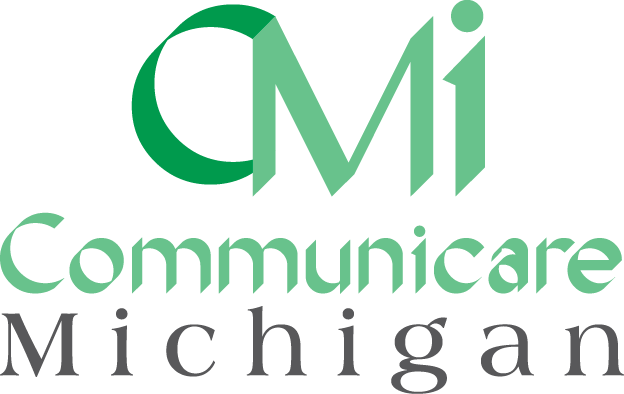March is Brain Injury Awareness Month
At CMI, we are committed to raising awareness and supporting those affected by traumatic brain injuries (TBI). As March is Brain Injury Awareness Month, we want to take the opportunity to shine a light on the impact of brain injuries and the importance of education, prevention, and recovery. As a company that works closely with clients with TBIs, we understand the challenges they face and the significance of providing them with the care and resources they need. This March (and always), we aim to contribute to the conversation, share valuable insights, and encourage a greater understanding of brain injuries within our community. With that being said, here is some information that we think is worth sharing during Brain Injury Awareness Month. We hope you learn something new!
Understanding Traumatic Brain Injuries
Traumatic brain injuries occur when an external force causes brain dysfunction. Such forces can stem from falls, sports injuries, car accidents, or even violent assaults. TBI is categorized into mild, moderate, and severe, depending on the injury's gravity and the extent of the damage to the brain.
Symptoms and Diagnosis of TBI
Diagnosing TBI can be complex, with symptoms varying widely. Common signs include headaches, dizziness, confusion, memory problems, and, in severe cases, unconsciousness. Medical professionals often utilize neurological exams, imaging tests like CT scans, and other assessments to properly diagnose and determine the severity of the injury.
Recovery and Rehabilitation Process
The journey of recovery from TBI is often long and multifaceted, involving medical management, rehabilitation therapies, and supportive care. Rehab may include physical therapy for motor skills, occupational therapy for daily tasks, and cognitive behavioral therapy to handle changes in behavior and thinking.
Emotional and Psychological Effects of TBI
Beyond physical symptoms, TBI can have profound emotional and psychological impacts. Survivors might face depression, anxiety, mood swings, or personality changes. Recognizing these changes and addressing them with professional support is vital for holistic recovery.
The Role of Family and Caregivers in Recovery
Family members and caregivers are often pillars of support for TBI survivors. Their role extends from providing daily assistance to offering emotional encouragement. Education and resources for families can significantly enhance the recovery experience, reducing stress on both survivors and caregivers.
Innovations in TBI Treatment and Research
Exciting advancements are happening in TBI research and treatment. From neuroplasticity exercises that help the brain adapt and heal, to cutting-edge technologies like brain stimulation, these innovations offer new hope to those impacted by traumatic brain injuries.
Preventive Measures: Reducing the Risk of Brain Injuries
Communicare Clients During TBI Awareness Month 2024
While it is impossible to entirely eliminate the risk of TBI, there are ways to significantly reduce it. Wearing helmets during sports, enforcing seat belt use, ensuring home safety to prevent falls, and educating the community about these measures can lower the incidence of brain injuries.
Community Resources and Support for TBI Survivors
Various organizations offer resources and support networks for TBI survivors and their families. From local support groups to national foundations providing education and advocacy, these resources are crucial in offering guidance and fostering a sense of community.
Brain Injury Awareness Month provides an invaluable opportunity to engage, educate, and empower individuals and communities about TBI. It helps raise understanding, reduces stigma, and encourages support for those navigating life after a brain injury.
Communicare staff and clients exploring Drummond Island.
As we commemorate Brain Injury Awareness Month, we want to help others recognize the challenges of traumatic brain injuries. Through education, innovation, and compassion, we can create a more informed and inclusive society for all affected by brain injuries.
Sources and Helpful Resources:
https://www.mayoclinic.org/diseases-conditions/traumatic-brain-injury/symptoms-causes/syc-20378557
https://www.cdc.gov/traumatic-brain-injury/index.html
https://biausa.org/brain-injury/community/caregiver-information-center





